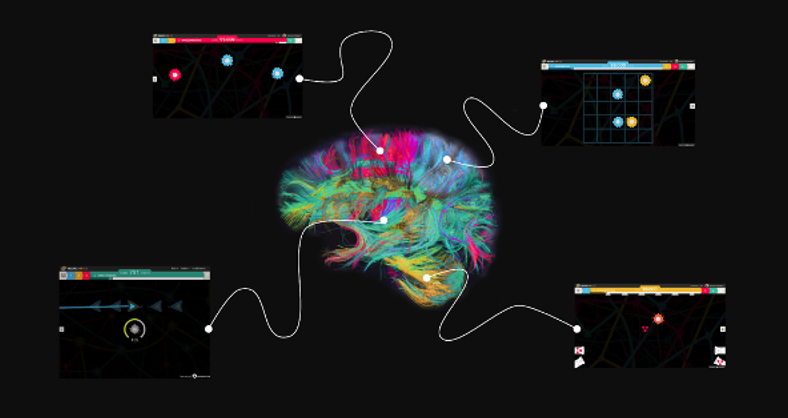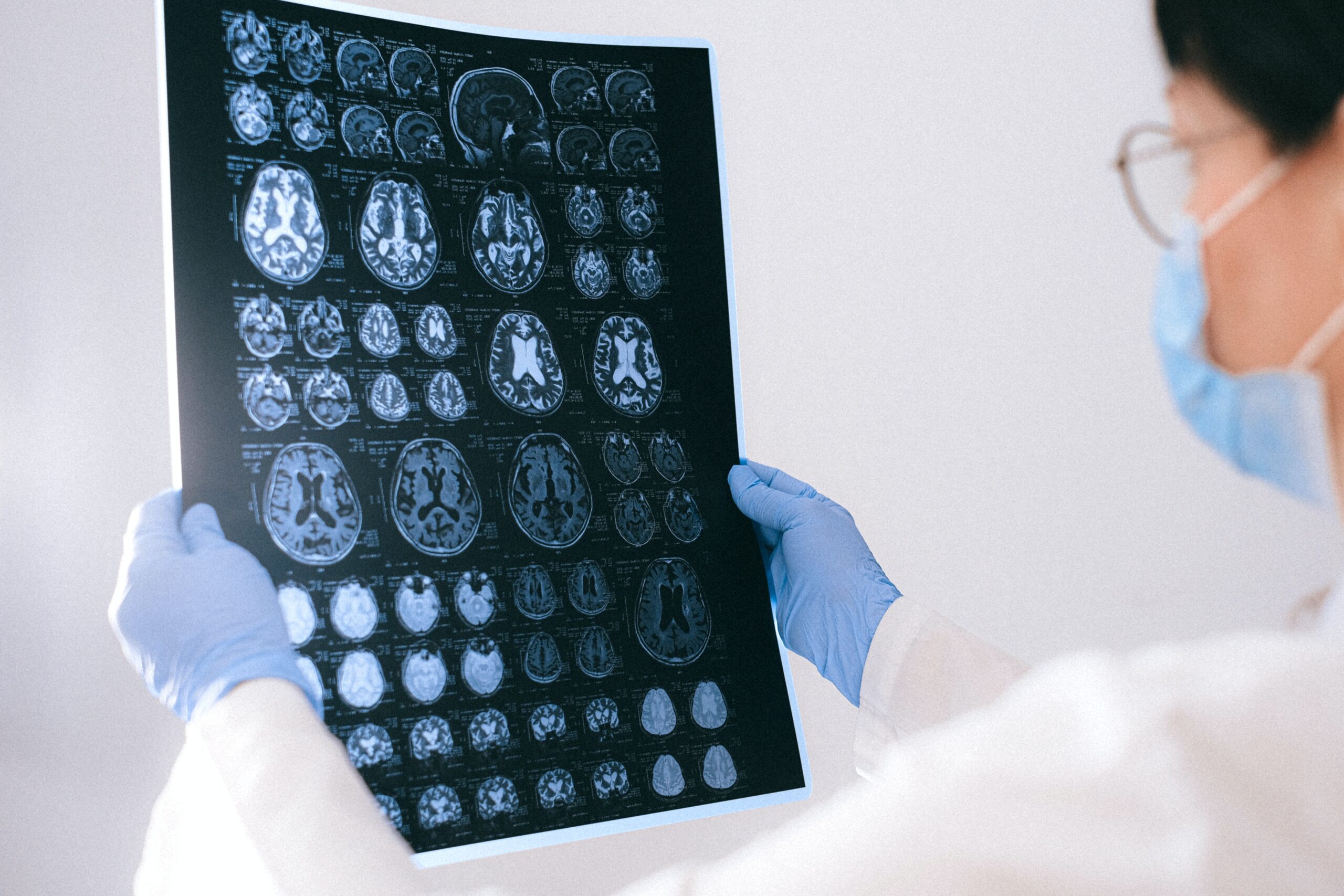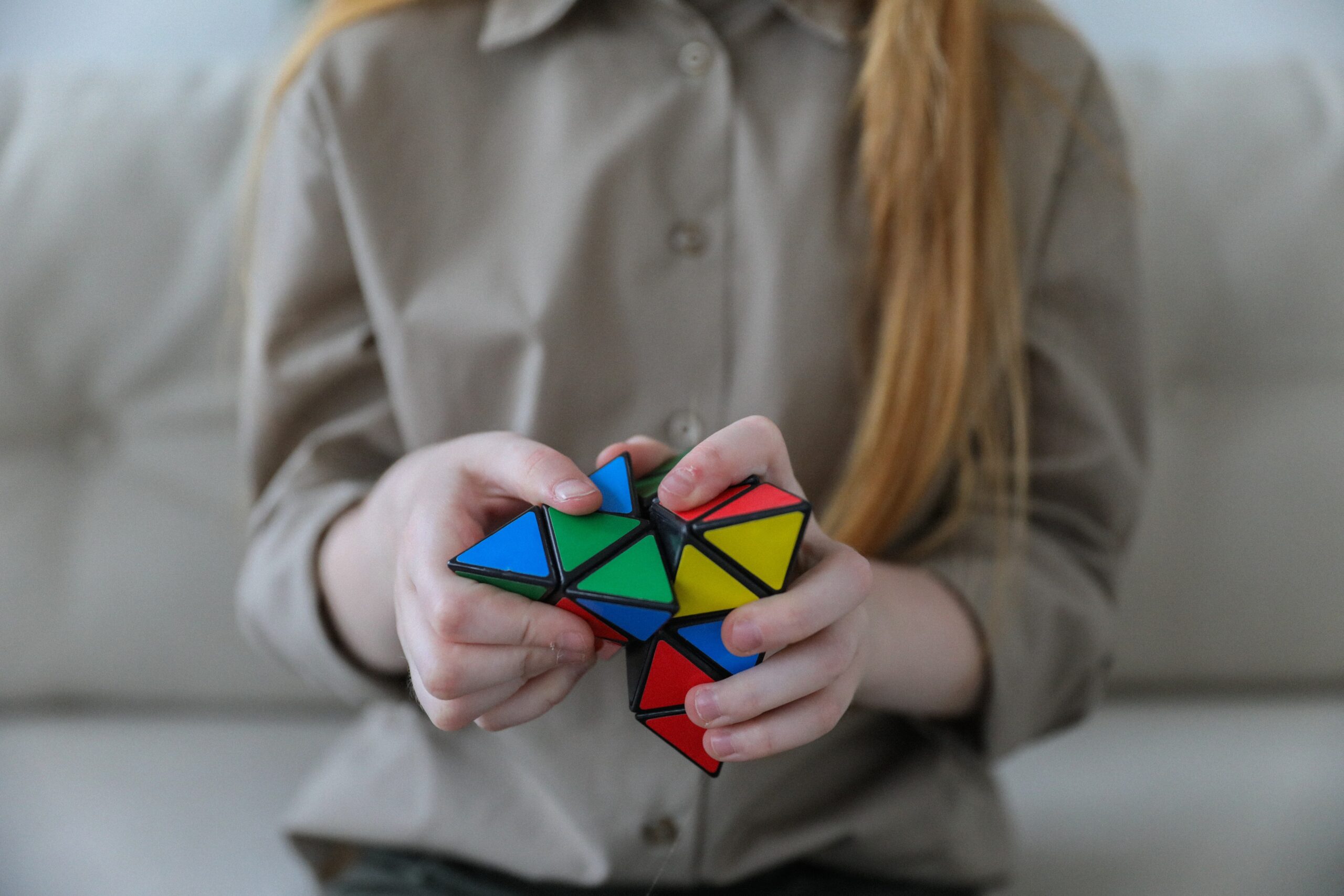The Science Behind
Learn more about the science behind our assessment and the reliability of your results.
Quality of the NeurOlympics
At BrainsFirst, we prioritize the quality and reliability of the NeurOlympics to provide you with an accurate assessment and enable a genuine job-brain match. We adhere to the highest standards of science and follow the guidelines set by the Dutch organization responsible for testing quality (COTAN). This commitment to quality is achieved through four key criteria.





